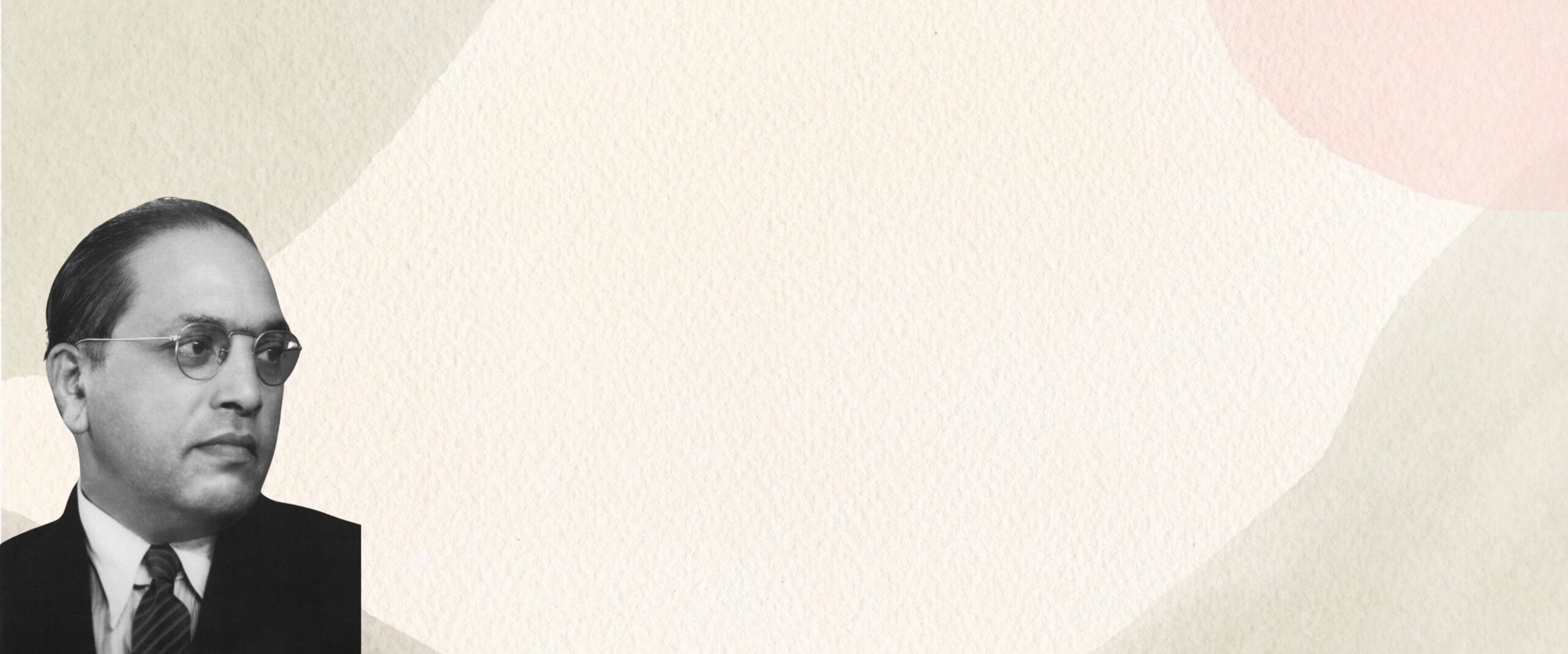Analysis
MUST READS: The Life and Legacy of Dr. B.R. Ambedkar
DESK BRIEF: SCO curates 5 Must Reads to understand the life, ideas, and contributions of Dr. B.R. Ambedkar.

Yesterday, the country celebrated the 132nd birth anniversary of Dr. B.R Ambedkar. His impact on the evolution of Indian democracy as a lawyer, social reformer, writer, and the Chairman of the Drafting Committee of the Indian Constitution, is unmatched. SCO consolidates five articles that delve into different aspects of his legacy. These articles not only shed light on his life and achievements but also give us an insight into the ideologies which drove him.
One of the most influential figures in shaping the modern history of India, Dr. B.R. Ambedkar’s legacy is immortalized as the Father of the Indian Constitution. Constitutionofindia.net provides a comprehensive collection of Dr. Ambedkar’s early life, contributions to the freedom movement, social activism, and his speeches and writings. This archive is a must-read for anybody interested in Indian history and legal systems.
Dr. B.R. Ambedkar and the Unknown Details of How He Piloted the Indian Constitution
Mr. Soutik Biswas, for BBC, dives into Dr. Amebdkar’s role as a balancing force in the framing of the Indian Constitution during a tumultuous period in Indian history. Despite being a popular champion of the depressed classes, Dr. Ambedkar’s position in the Constituent Assembly cast him in a far wider role. Mr. Biswas highlights Dr. Ambdekar’s contributions in ensuring that the Constitution accommodates the interests of everyone in India and not just select communities.
Ambedkar: Architect of the Constitution and Women’s Empowerment
Mr. Praveen Davar, in The Wire, offers a detailed analysis of Dr. B.R. Ambedkar’s role in advocating for women’s rights in India through legal reform. The author examines Dr. Ambedkar’s support for the Hindu Code Bill, which aimed to reform Hindu personal laws relating to marriage, divorce, and inheritance. Mr. Davar dives into the debates surrounding the Bill and highlights Dr. Ambedkar’s views on gender equality and the challenges faced by Indian women.
Contextualising Dr. Ambedkar’s Idea of a Moral Democracy
Ms. Rebecca Rose Varghese, in The Hindu, provides an insightful analysis of Dr. Ambedkar’s vision of a moral democracy in India. The article delves into Dr. Ambedkar’s critique of traditional concepts of democracy, which he viewed as inadequate for addressing social inequalities in the country. The argues that Dr. Ambdekar’s principles of moral democracy can serve as a guiding framework to address challenges to creating a more egalitarian form of governance in India.
Ambedkar and the Quantum of Reservation
75 years after India attained independence, reservation continues to be a hotly contested topic. Writing for Supreme Court Observer, Ms. Kalyani Menon explores the history and evolution of the Indian reservation system with a focus on Dr. Ambedkar’s views on the issue. The piece examines Dr. Ambedkar’s beliefs that reservation must be granted based on social and economic criteria rather than just caste. Ms. Menon casts a critical eye on the debates surrounding the reservation system, including claims that the reservation system itself may result in reverse discrimination and that the benefits of the system do not reach the intended beneficiaries.